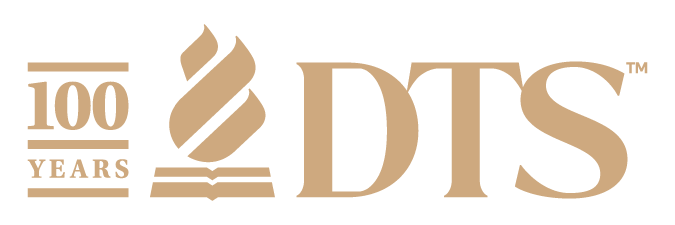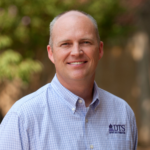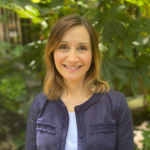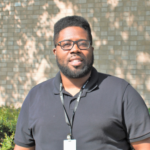Our Mission
- Explore the topics of Identity, Community, Integrity, and Fidelity,
- Experience transformation (growth in Christlikeness), and
- Participate in the Spirit’s transformation of others.
Method
At our Campus sites, Spiritual Formation groups of four to five students gather weekly for two consecutive fall and spring semesters. Our distance students work with a self-selected mentor to complete the same SF curriculum. Through this curriculum, students pray, reflect on biblical truth, examine their hearts, share and respond. As students grow together in Spiritual maturity and Christlike character, the potential for significant relationships and ministry partnerships is established.
Goals & Measures
The Spiritual Formation program is designed to help facilitate students’ growth in four areas:
- Knowing God,
- Knowing self,
- Loving well, and
- Longing for more of God’s transforming work in their lives.
Modules
Frequently Asked Questions
General
The Spiritual Formation (SF5100) program is one year starting in the fall and finishing in the spring semester. We recommend students begin Spiritual Formation early in their degree program.
Spiritual Formation groups begin in the fall semester ONLY.
Dallas, Houston, Washington, DC and Atlanta SF Students
Dallas, Houston, & Fort Worth: SF groups meet for 1.5–2 hours each week. Group members spend about 1-2 hours per week in preparation for each group session. In addition, many groups plan additional social gatherings or service projects.
Washington, DC & Atlanta: SF groups on these campuses have a different schedule. Contact the campus coordinator for details.
Yes, students continue with the same SF group for the entire year.
Dallas: SF groups meet on various days and at different times throughout the week. Check the Course Schedule for specifics.
Houston: SF groups typically meet on campus prior to class from 4:30–5:45 p.m. on Monday, Tuesday, and Thursday.
Washington, DC, Atlanta, & Fort Worth: SF groups meet every week around the region.
- Extension Students (SF5110)
- Church-Residency Students (SF5105)
- Dallas, Houston, DC, Atlanta, & Fort Worth Students (SF5100)









